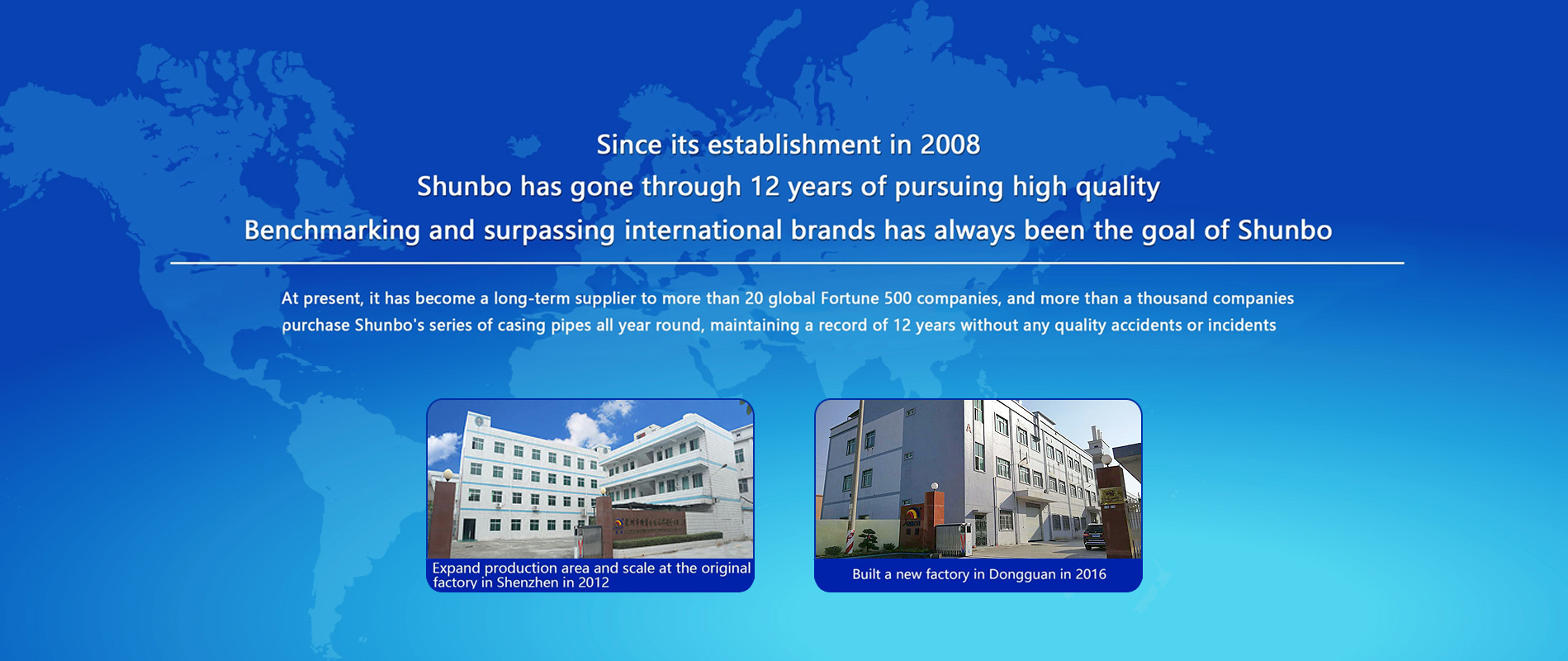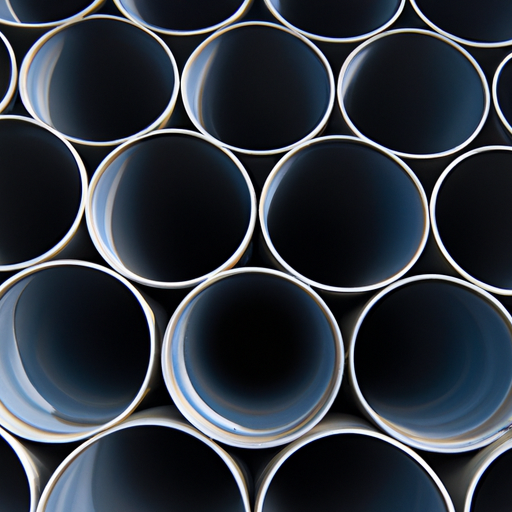
What Kind of Product is Corrugated Pipe?
Introduction
In the world of construction and infrastructure, various materials play crucial roles in ensuring the durability and efficiency of projects. One such material that has gained significant popularity is the corrugated pipe. This versatile product is used in a wide range of applications, from drainage systems to electrical conduits. In this blog post, we will explore what corrugated pipes are, their types, applications, advantages, and considerations for choosing the right one for your project.
What is Corrugated Pipe?
Corrugated pipe is a type of piping characterized by its wavy or ridged surface. This design enhances the pipe's strength and flexibility, making it suitable for various applications. Typically made from materials such as plastic (polyethylene or PVC), metal, or concrete, corrugated pipes are engineered to withstand external pressures and environmental conditions.
Structure and Design
The unique structure of corrugated pipes consists of alternating ridges and grooves, which provide several benefits:
1. **Increased Strength**: The corrugated design allows the pipe to resist deformation under load, making it ideal for applications where soil or other materials may exert pressure on the pipe.
2. **Flexibility**: The wavy structure enables the pipe to bend without breaking, which is particularly useful in applications where the pipe needs to navigate around obstacles.
3. **Lightweight**: Compared to solid pipes, corrugated pipes are generally lighter, making them easier to handle and install.
Types of Corrugated Pipes
Corrugated pipes come in various types, each designed for specific applications. The most common types include:
1. Corrugated Plastic Pipe
Corrugated plastic pipes, often made from high-density polyethylene (HDPE) or polyvinyl chloride (PVC), are widely used in drainage and stormwater management systems. They are lightweight, resistant to corrosion, and have a smooth interior surface that promotes efficient water flow.
2. Corrugated Metal Pipe
Typically made from galvanized steel or aluminum, corrugated metal pipes are known for their strength and durability. They are often used in applications such as culverts, storm drains, and other heavy-duty installations where high load-bearing capacity is required.
3. Corrugated Concrete Pipe
Concrete corrugated pipes are designed for heavy-duty applications, such as sewer systems and large drainage projects. They offer excellent structural integrity and can withstand significant external loads, making them suitable for use in high-traffic areas.
4. Dual-Wall Corrugated Pipe
Dual-wall corrugated pipes feature an inner smooth wall and an outer corrugated wall. This design combines the benefits of a smooth interior for efficient flow with the strength of a corrugated exterior. They are commonly used in drainage and sewer applications.
Applications of Corrugated Pipe
Corrugated pipes are utilized in a variety of applications across different industries. Some of the most common uses include:
1. Drainage Systems
One of the primary applications of corrugated pipes is in drainage systems. They are used to manage stormwater runoff, prevent flooding, and direct water away from structures. Their lightweight and flexible nature makes them easy to install in various terrains.
2. Sewer Systems
Corrugated pipes are also widely used in sewer systems due to their durability and resistance to corrosion. They can handle the flow of wastewater and are often preferred for their long service life.
3. Electrical Conduits
In addition to water management, corrugated pipes are used as electrical conduits. Their flexibility allows for easy installation in complex layouts, and they provide protection for electrical wiring from environmental factors.
4. Agricultural Applications
In agriculture, corrugated pipes are used for drainage in fields, helping to manage excess water and improve soil conditions. They are also used in irrigation systems to distribute water efficiently.
5. Road and Highway Construction
Corrugated pipes are often employed in road and highway construction for culverts and drainage systems. Their strength and ability to withstand heavy loads make them ideal for these applications.
Advantages of Corrugated Pipe
The popularity of corrugated pipes can be attributed to several advantages they offer:
1. Cost-Effectiveness
Corrugated pipes are generally more affordable than solid pipes, both in terms of material costs and installation expenses. Their lightweight nature reduces labor costs during installation.
2. Durability
Corrugated pipes are designed to withstand harsh environmental conditions, including extreme temperatures, chemicals, and physical stress. This durability translates to a longer lifespan and reduced maintenance costs.
3. Flexibility
The flexibility of corrugated pipes allows for easy installation in challenging terrains and around obstacles. This adaptability can save time and resources during construction.
4. Efficient Water Flow
The smooth interior surface of many corrugated pipes promotes efficient water flow, reducing the risk of clogs and backups in drainage systems.
5. Environmentally Friendly Options
Many corrugated pipes, especially those made from plastic, are recyclable. This makes them a more environmentally friendly choice compared to some traditional piping materials.
Considerations When Choosing Corrugated Pipe
While corrugated pipes offer numerous benefits, there are several factors to consider when selecting the right type for your project:
1. Material
Choose the appropriate material based on the specific application. For example, plastic pipes are ideal for drainage, while metal pipes may be better suited for heavy-duty applications.
2. Diameter and Length
Consider the required diameter and length of the pipe based on the volume of water to be managed and the layout of the installation site.
3. Load-Bearing Capacity
Evaluate the load-bearing capacity needed for the application. For instance, road construction may require pipes that can withstand significant weight.
4. Local Regulations
Check local building codes and regulations to ensure compliance with standards for drainage and sewer systems.
5. Installation Environment
Consider the installation environment, including soil conditions, potential exposure to chemicals, and temperature variations, to select the most suitable pipe.
Conclusion
Corrugated pipes are a versatile and essential product in modern construction and infrastructure projects. Their unique design, combined with a range of materials and applications, makes them a popular choice for drainage, sewer systems, electrical conduits, and more. By understanding the types, advantages, and considerations associated with corrugated pipes, you can make informed decisions for your projects, ensuring efficiency, durability, and cost-effectiveness. Whether you are a contractor, engineer, or DIY enthusiast, corrugated pipes are a reliable solution for a variety of needs.



